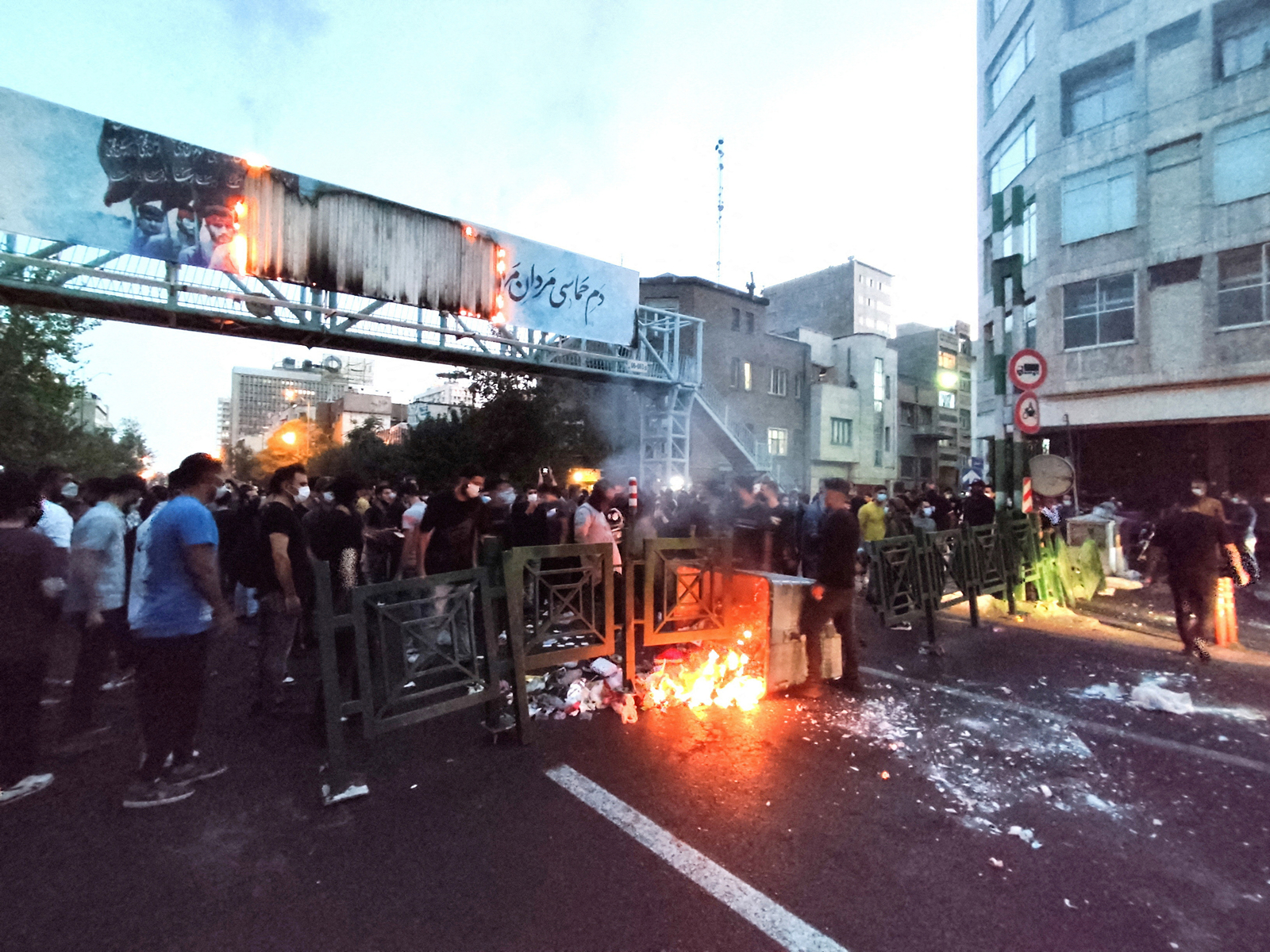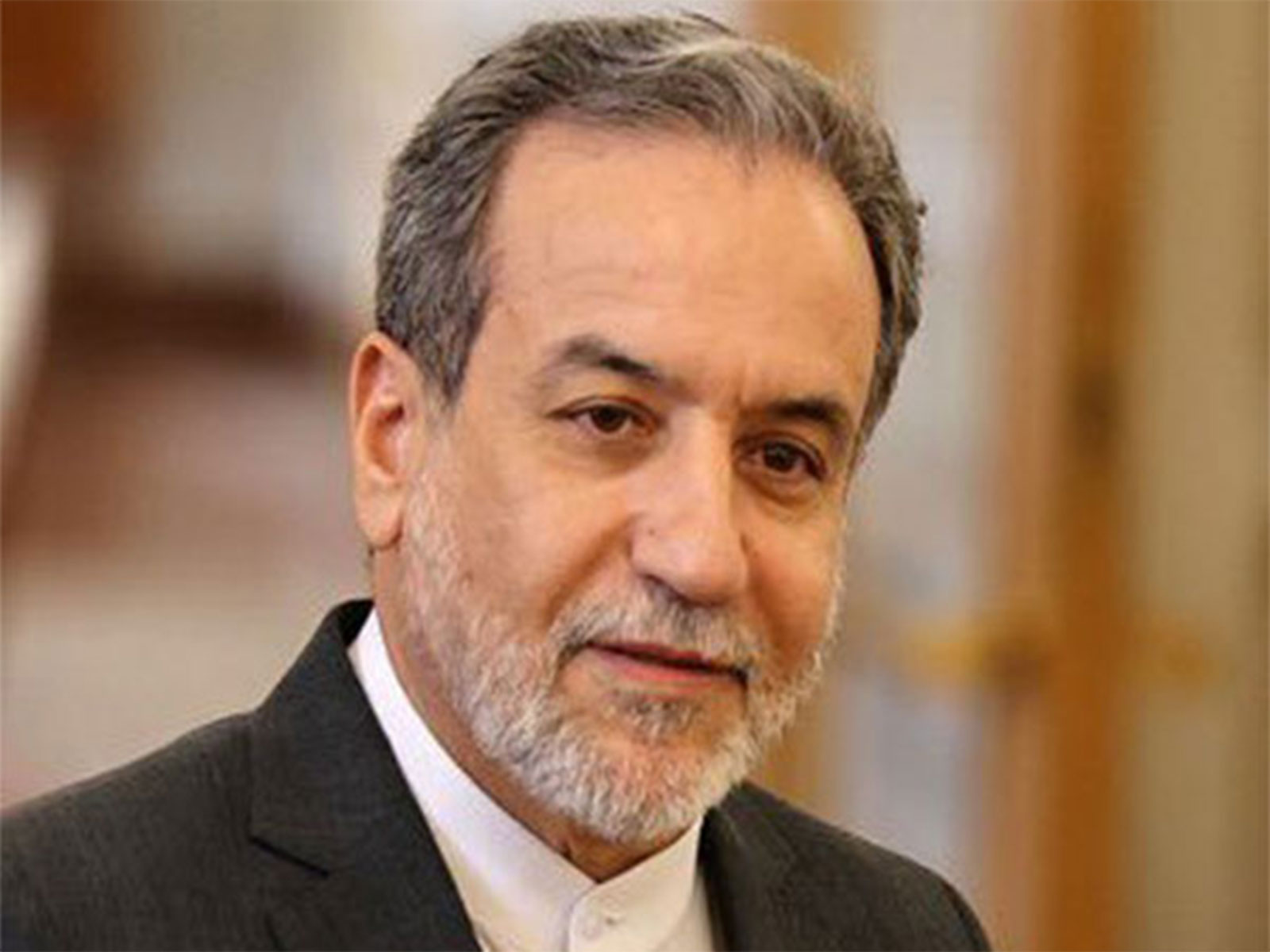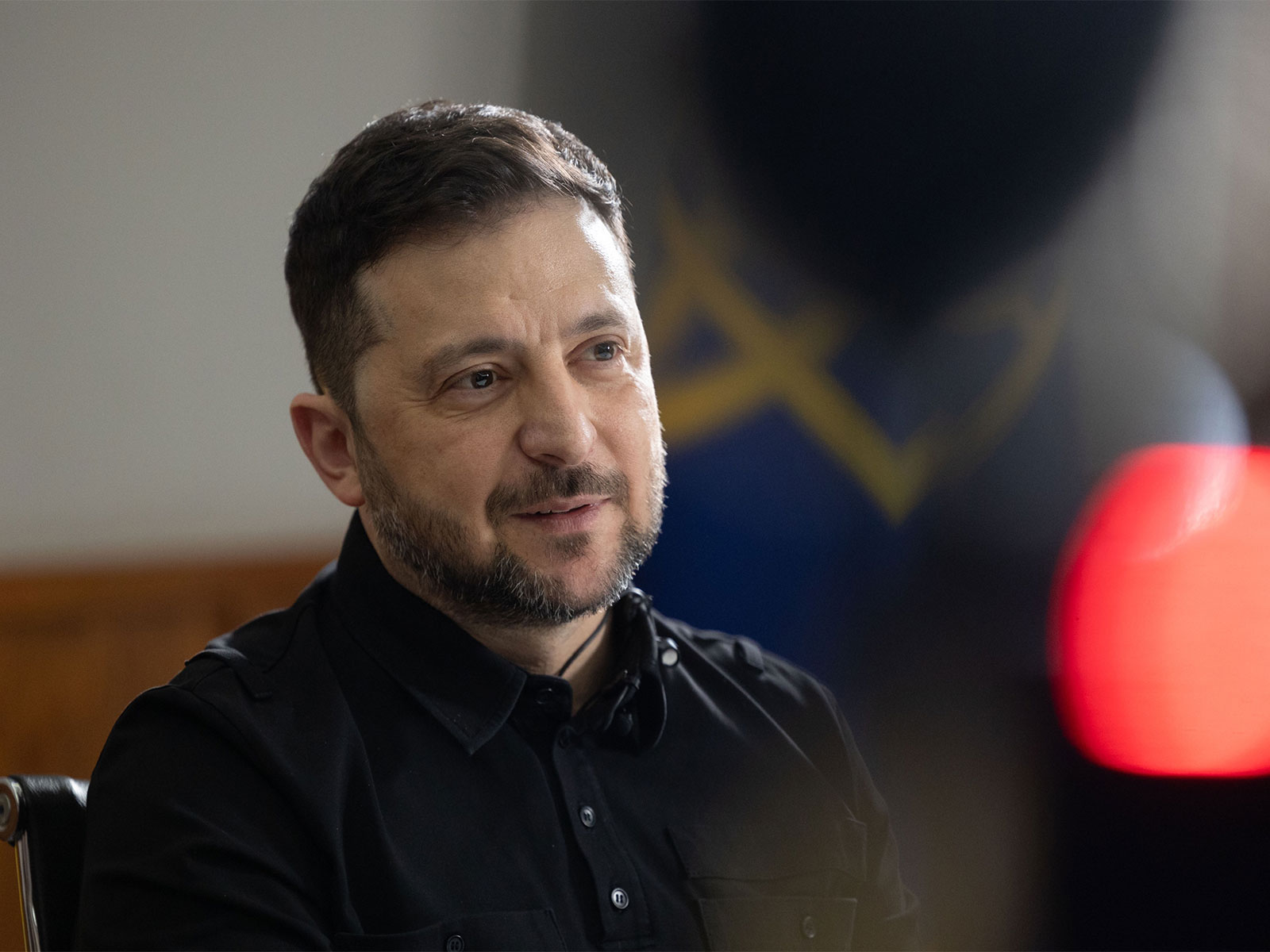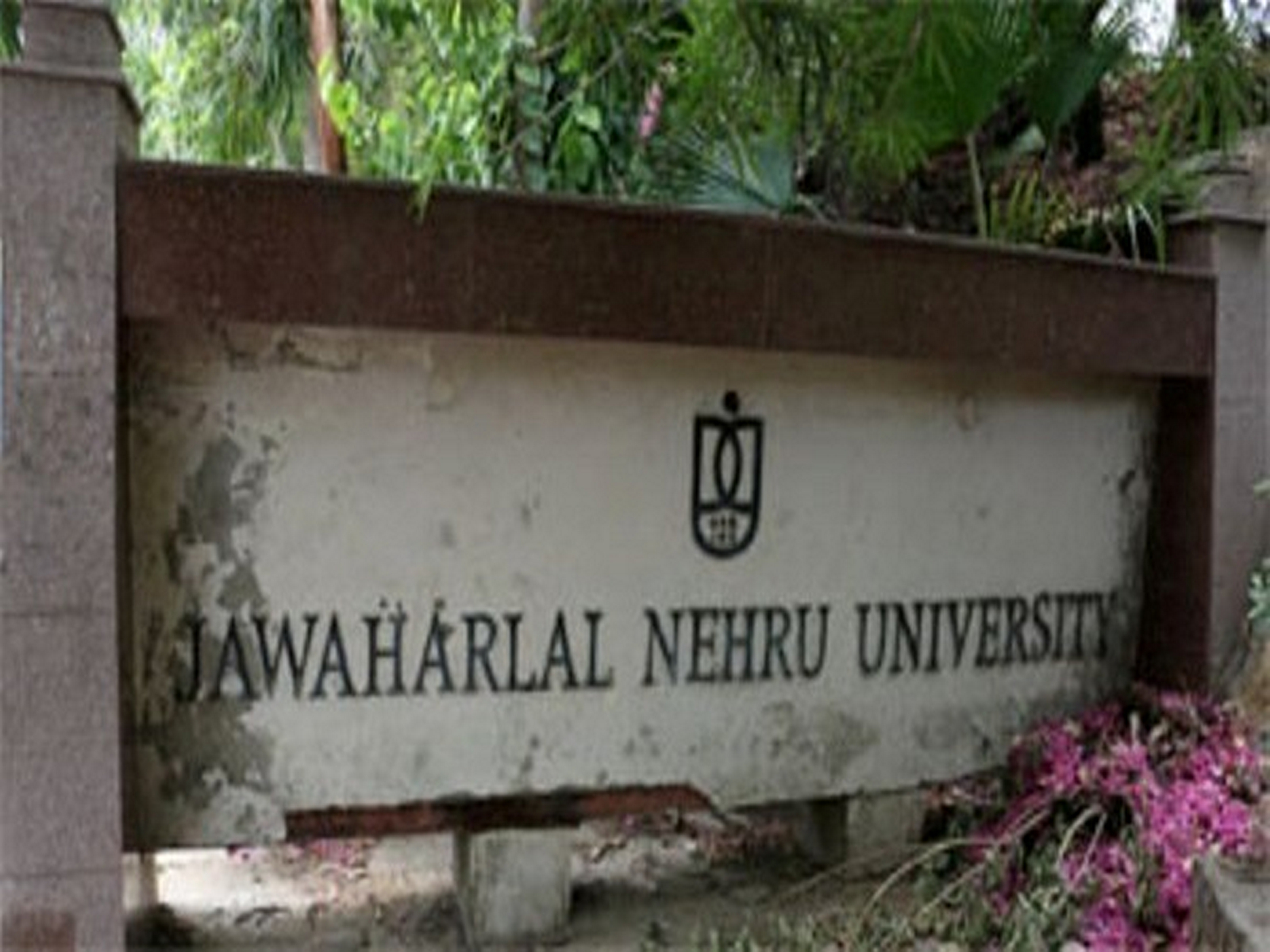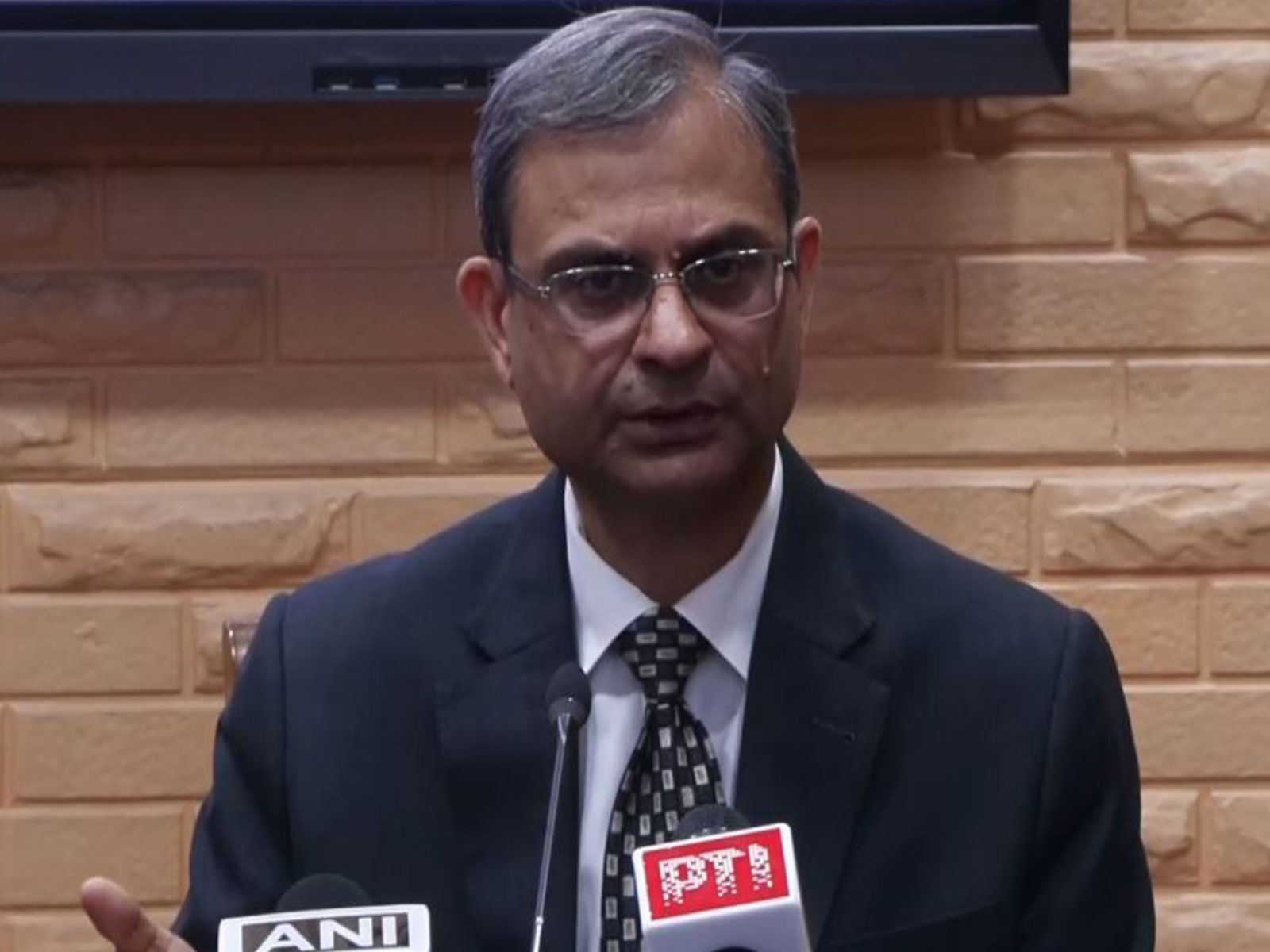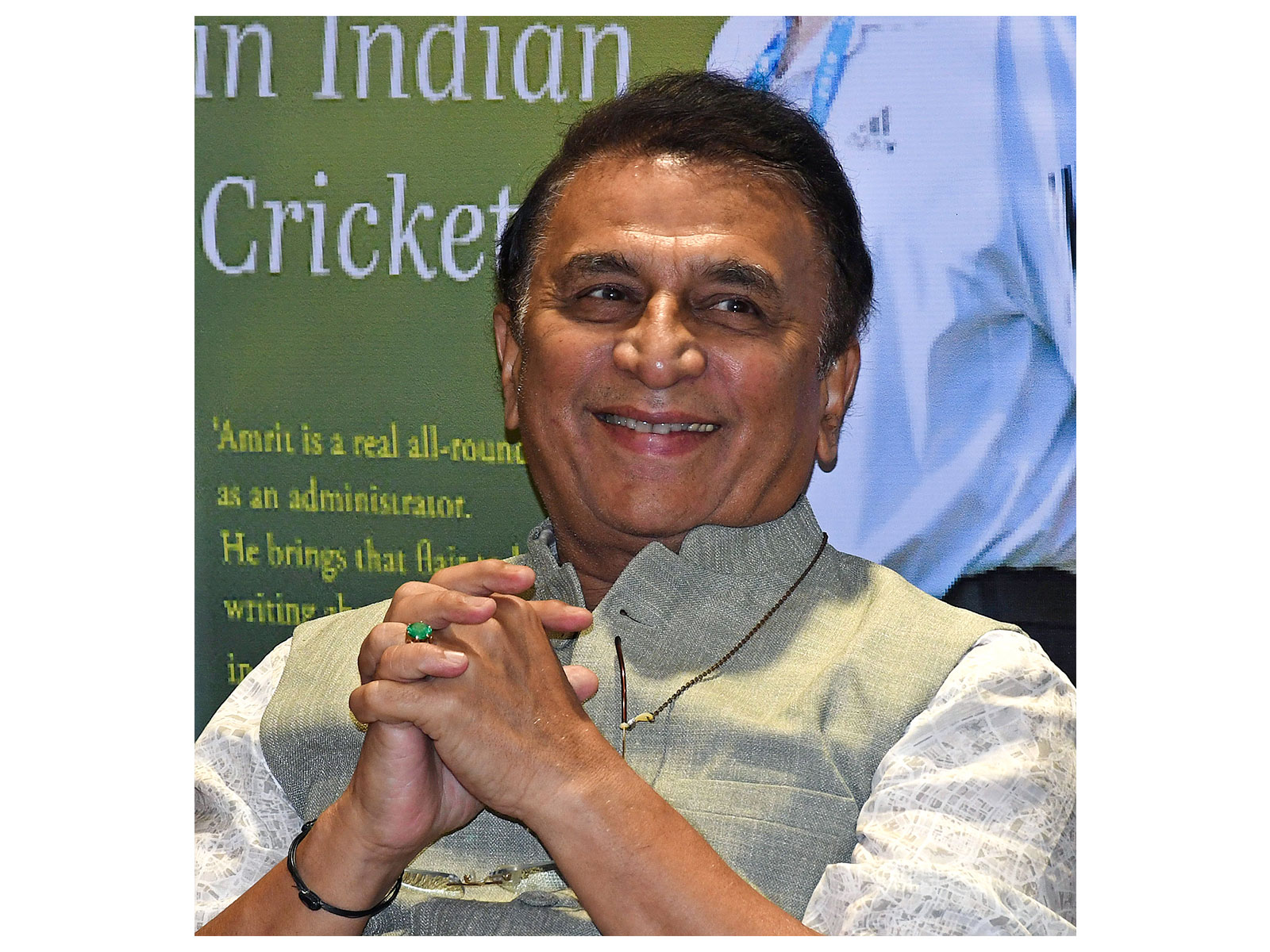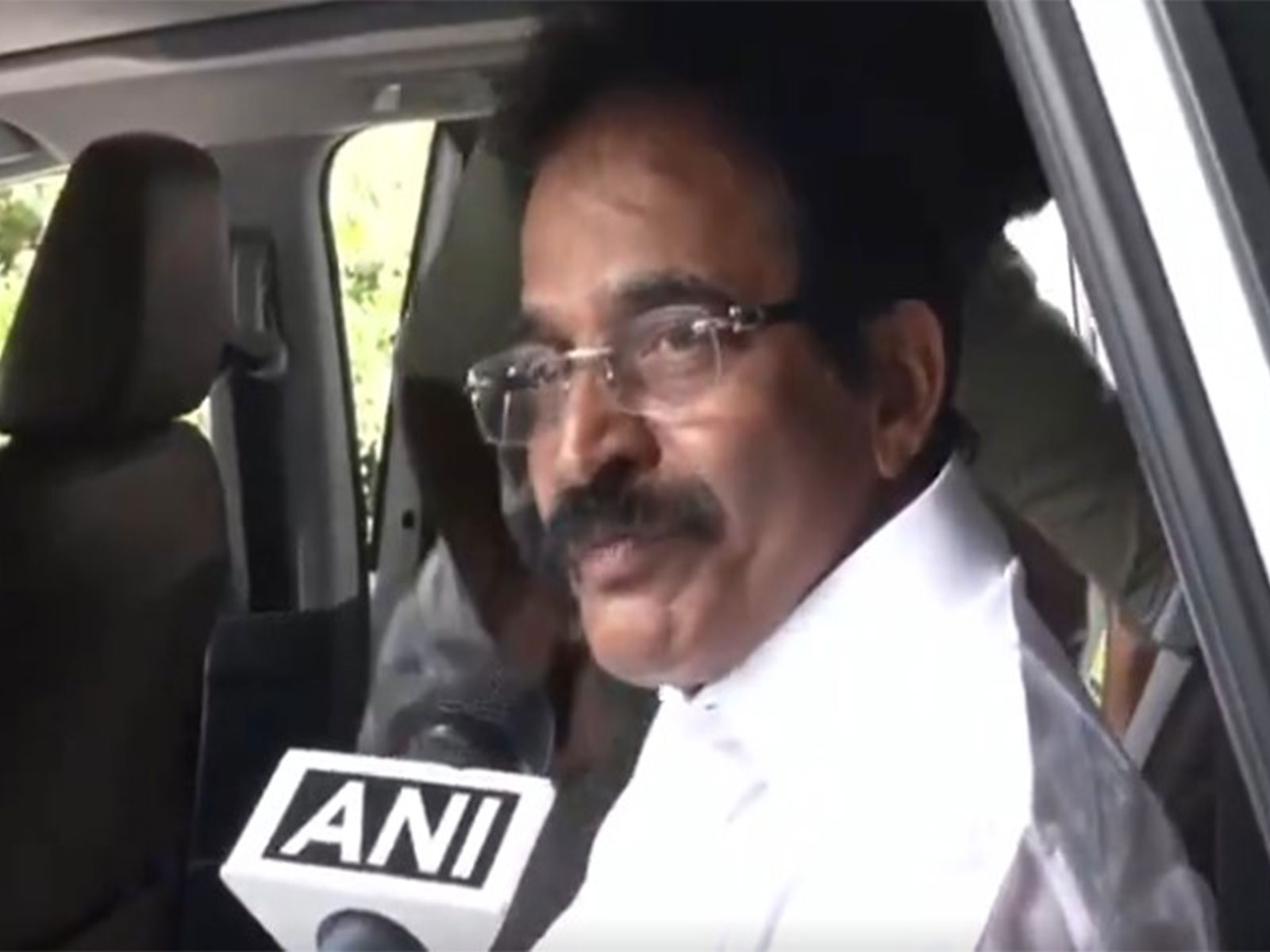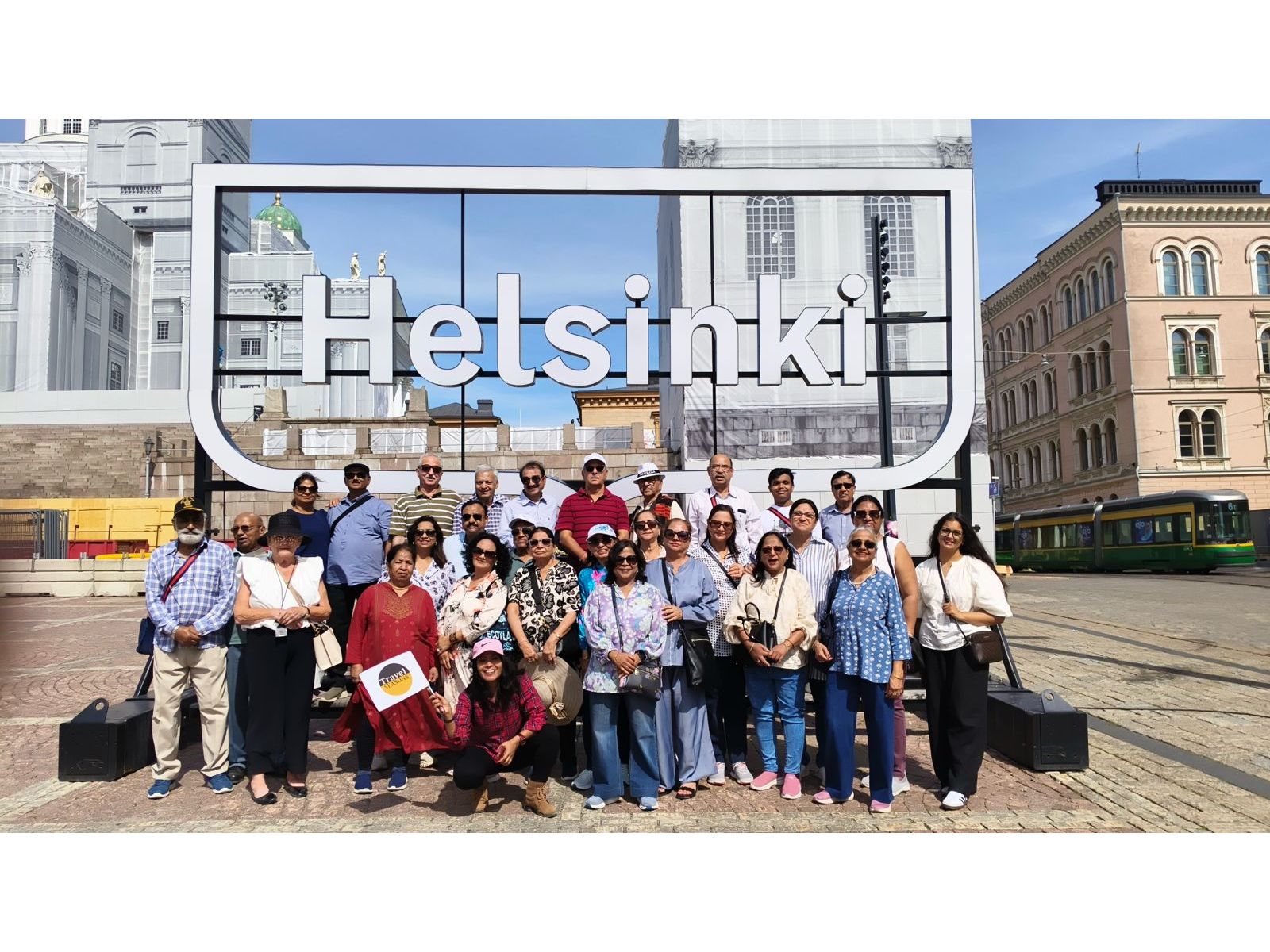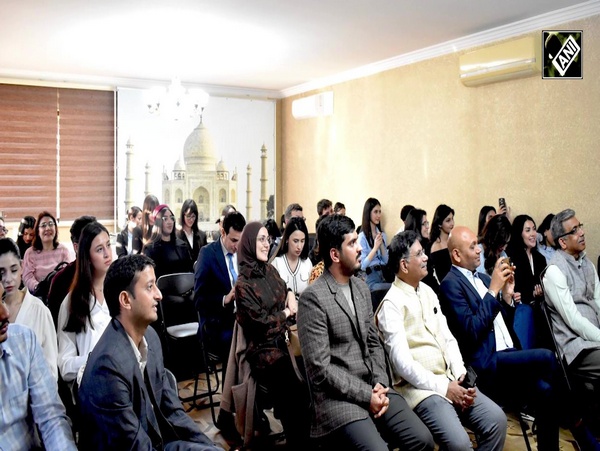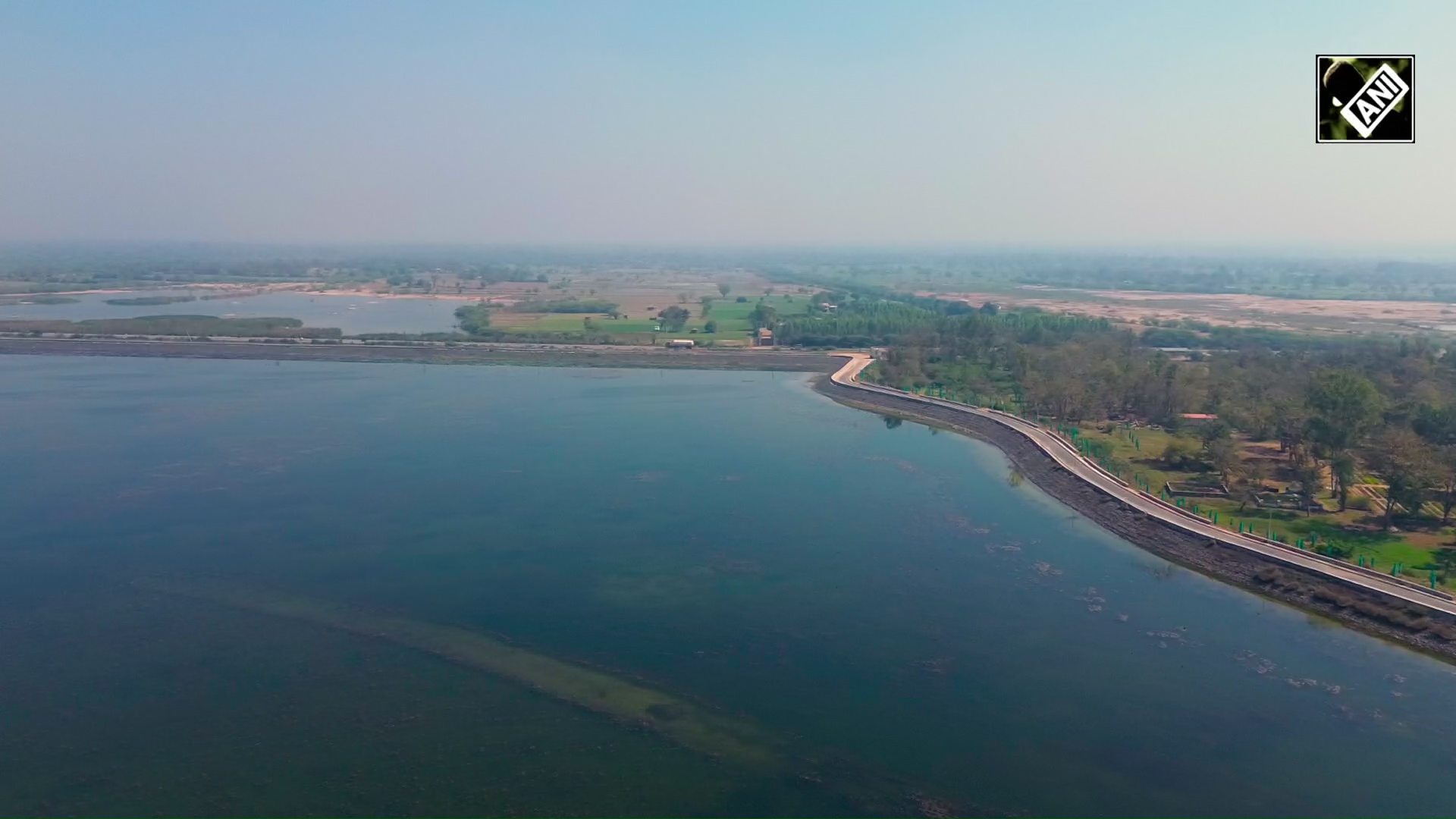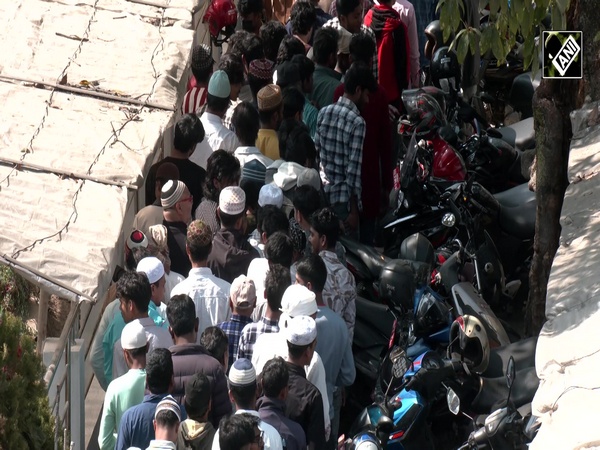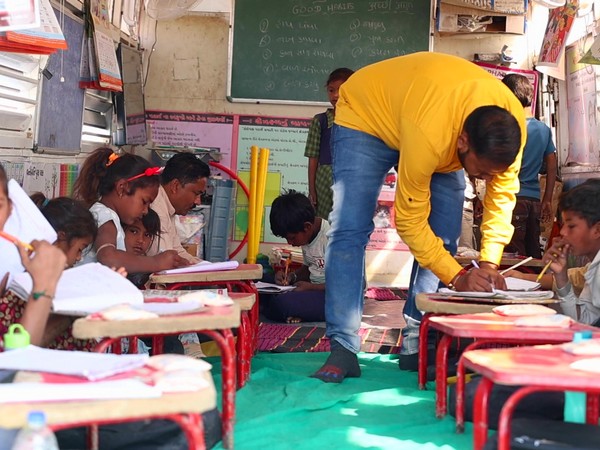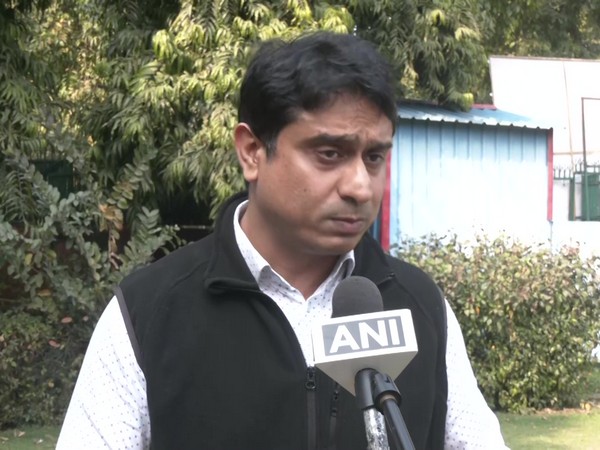2025 Nobel Literature goes to Hungarian novelist Krasznahorkai
Oct 09, 2025
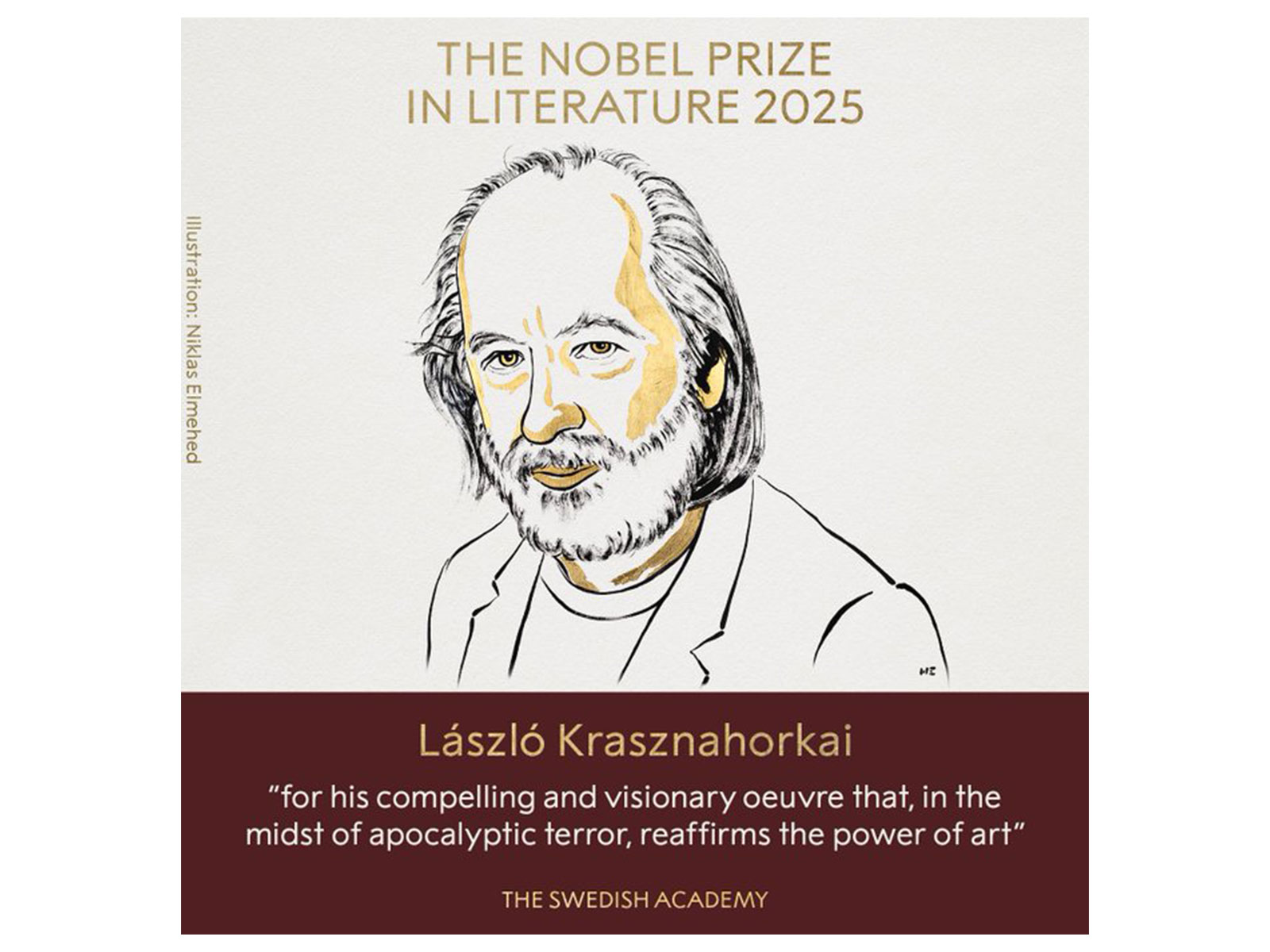
Stockholm [Sweden], October 9 : The 2025 Nobel Prize in Literature was on Thursday awarded to the Hungarian author Laszlo Krasznahorkai "for his compelling and visionary oeuvre that, in the midst of apocalyptic terror, reaffirms the power of art."
'Herscht 07769' by this year's literature laureate, Krasznahorkai, has been described as a great contemporary German novel, on account of its accuracy in portraying the country's social unrest.
"In 'Herscht 07769' we find ourselves in not a feverish nightmare in the Carpathians but rather a credible portrayal of a contemporary small town in Thuringen, Germany, which is nevertheless also afflicted by social anarchy, murder and arson. At the same time, the terror of the novel plays out against the backdrop of Johann Sebastian Bach's powerful legacy. It is a book, written in a single breath, about violence and beauty 'impossibly' conjoined," the Swedish Academy said in a statement.
Krasznahorkai was born in 1954 in the small town of Gyula in southeast Hungary, near the Romanian border.
A similar remote rural area is the scene of Krasznahorkai's first novel 'Satantango', published in 1985 ('Satantango', 2012), which was a literary sensation in Hungary.
Krasznahorkai is a great epic writer in the Central European tradition, which extends from Kafka to Thomas Bernhard, and is characterised by absurdism and grotesque excess, the Swedish Academy said in its announcement.
He drew inspiration from Asia - particularly Mongolia and China - for books like 'The Prisoner of Urga', and 'Destruction' and 'Sorrow Beneath the Heavens.'
According to a CNN report, the late American essayist Susan Sontag dubbed the "contemporary master of the apocalypse," Krasznahorkai's novels - often set in shivering Central European villages - depict townsfolk searching for meaning in symbols scattered across a godless world.
The Nobel Prize in Literature is often seen as the literary world's highest honour, bringing global attention to voices that challenge, console, and provoke, offering a rare moment when books dominate global headlines.
The Nobel Prize has been awarded 117 times to 121 laureates between 1901 and 2024, with writings in over 20 languages, including Bengali.
The Prize was awarded in 1913 to Rabindranath Tagore "because of his profoundly sensitive, fresh and beautiful verse, by which, with consummate skill, he has made his poetic thought, expressed in his own English words, a part of the literature of the West"
Toni Morrison became the first African American woman to receive a Nobel Prize in Literature when she was awarded the prize in 1993.
Albert Camus explored existentialism, the absurd, and the moral choices we face in an uncertain world. He was awarded the 1957 literature prize.
